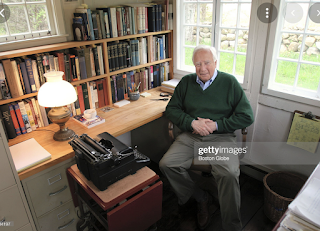It's nearly time for MLA er, New Year's Eve, and I'd prefer to look ahead than to the land of little work that was November and December
Right after I announced that writing was going smoothly (and thank you, Dame Eleanor and xykademiqz, for your lovely encouraging words), it dried up. A few weeks of this was due to Covid brain (which is real), and then I couldn't get started again--but this post is a new start.
But as usual, the MLA paper and another project are lighting a fire under my lazy self, and it will get done.
Other events--not much, but it's a start:
- The Twitter debacle, part I. Why does a man as rich as Elon Musk buy Twitter and then do his level best to burn it down and crater his Tesla stock prices as sort of a side benefit? My guess is that no one was paying attention to him or his rockets as much as he wanted, but still, it seems an expensively destructive hobby. With a lot of its engineering workforce gone, apparently Twitter will lurch on with increasingly frequent outages until it just stops, or so a long-form article explained it recently. Tonight's outages were part of that, I guess.
- The Twitter debacle, part II. I did get an account on one of the Mastodon servers, which everyone hopes will be a great & decentralized space. My experience thus far: If Twitter is the place where I have to look up acronyms every day but am rewarded by silly animal videos, Mastodon is the place where I sit obediently and get lectured earnestly about subjects of great importance and am rewarded by . . . getting lectured earnestly about subjects of great importance.
- If you like your Twitter spiced with drama, try the "Receptiogate" dustup: https://twitter.com/paularcurtis/status/1608146988511690753. Short version: medieval manuscripts scholar posts about his discoveries & research; someone scoops it up, steals it, puts it in a book with his/her/their name on it, and says to the scholar something like "it's on the internet so I get to claim it; nobody cares about your stupid blog anyway." As you might guess, telling scholars for whom provenance, attribution, and credit are really important that, well, that's their truth and your truth is that you can steal whatever you want from the internet did not go over well.
- My whole life is not Twitter--honest. There's also being excited about the project I'm working on even if I'm just reading and not writing right now. Because the weather has been too miserably icy/rainy/freezing to walk, Spouse got me a Fitdesk for Christmas, which should help with getting a little exercise until after MLA when I can go to the gym. (I don't want to risk getting sick and flying again.)
So far, my only resolution is to write here more often instead of wasting time on the internet, so let's hope that that's one resolution I can keep!





